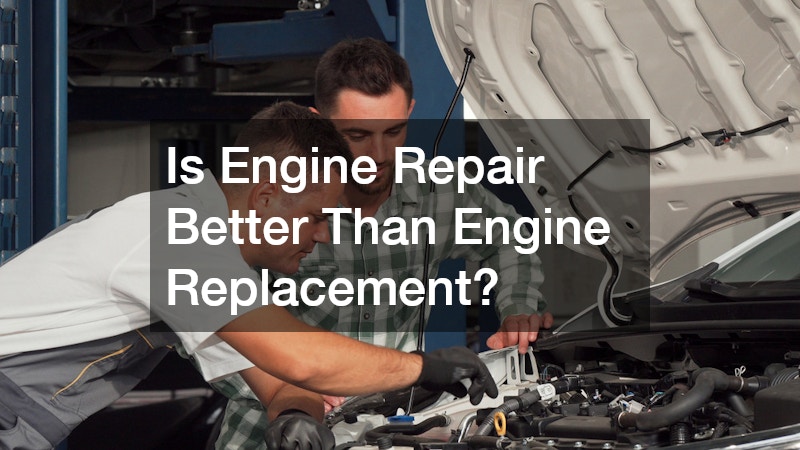Regular automotive service is crucial for maintaining the performance and longevity of your vehicle. In this article, we will explore the ideal frequency for scheduling car maintenance and address common questions about automotive service schedules. Understanding the appropriate intervals for servicing ensures that your vehicle remains efficient and safe on the road.
What Factors Determine the Service Schedule?
Driving Habits
Your driving habits significantly impact how often you should service your vehicle. Frequent short trips or stop-and-go traffic may necessitate more frequent maintenance checks. Vehicles that are primarily used for highway driving may require less frequent servicing due to less strain on the mechanical components.
In contrast, city driving typically involves frequent starts and stops, which can accelerate wear and tear. This type of driving can lead to quicker depletion of essential fluids and faster tire wear. As a result, urban drivers might find themselves scheduling oil changes and other services more often than those who mainly drive in rural areas.
Driving conditions, such as extreme temperatures or rough terrain, also play a role in determining maintenance frequency. Regular check-ups in these conditions are vital to ensure that your vehicle can withstand environmental challenges. Taking note of your daily driving patterns can help you better tailor your car’s maintenance needs.
Manufacturer’s Recommendations
Following the service intervals recommended by your vehicle’s manufacturer ensures it remains in peak condition. These guidelines are typically found in the owner’s manual and vary depending on the make and model. Adhering to these recommendations helps maintain the integrity of the vehicle and can improve its resale value.
The manufacturer’s schedule is determined based on rigorous testing and is tailored to address the specific needs of different vehicle components. For instance, some manufacturers suggest oil changes every 5,000 miles, while others recommend a 10,000-mile interval due to the design and materials used in engines. Ignoring these guidelines can lead to void warranties, emphasizing the importance of sticking to them.
Vehicle service alerts can help remind owners when it’s time for routine checks. Digital dashboards often provide maintenance reminders that align with the manufacturer’s schedule. This proactive approach minimizes the risk of unexpected breakdowns and helps prolong the life of the car’s engine and other systems.
What Are the Risks of Skipping Regular Service?
Performance Deterioration
Neglecting routine maintenance can lead to decreased vehicle performance, affecting everything from fuel efficiency to horsepower. As cars age, regular services prevent the gradual decline of various systems, ensuring a stable and enjoyable driving experience. Regular inspections help ensure that the engine, transmission, and other critical components are functioning properly.
Small issues, if left unattended, can escalate into significant problems that impair overall performance. For instance, a minor oil leak might lead to major engine damage if not addressed promptly. Routine service appointments help identify these issues early, allowing for preventative measures to be taken.
Vehicles that miss regular maintenance often experience more frequent breakdowns. Over time, components like spark plugs and air filters become worn and need replacement to maintain efficiency. A proactive maintenance approach ensures smoother operation and reduces the likelihood of being stranded on the road.
Increased Repair Costs
Ignoring minor issues can lead to significant repairs, resulting in higher costs over time. Regular servicing helps detect and fix problems early, leading to cost savings in the long run. Preventive maintenance is not only more affordable but also reduces the likelihood of facing unexpected major repairs.
Small, overlooked repairs can result in expensive parts having to be replaced entirely. For example, failing to address brake pad wear can damage the rotors, necessitating more costly replacements. By catching these problems early, owners can save a considerable amount of money over the vehicle’s lifespan.
Routine check-ups maintain the integrity of the car’s various systems, reducing the cumulative costs of ownership. Investing in periodic maintenance helps create a budget-friendly plan for vehicle upkeep and minimizes financial surprises. In the long view, these preventive measures help keep overall expenses in check and extend the vehicle’s functional life.
Understanding how often to schedule automotive service can save you money and ensure your vehicle remains reliable and safe. By considering driving habits, manufacturer guidelines, and vehicle type, you can maintain a balanced service schedule that reduces risks and extends the lifespan of your automobile. Proactively managing your vehicle’s upkeep keeps it performing well and maximizes its durability.
.







